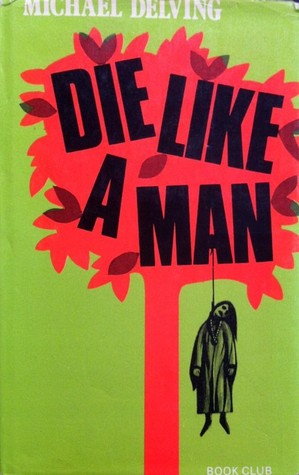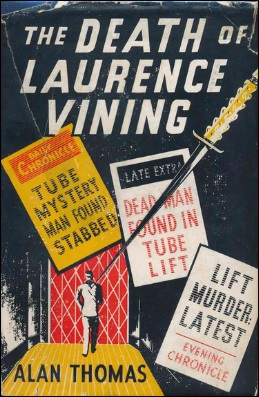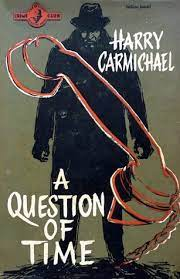The more I read Leo Bruce, the more I realise that Barry Pike was right when, a good many years ago, he commended his writing to me. The blend of humour and plot works well time and again. A good example is to be found in Case for Sergeant Beef, originally published in 1947. As so often, much of the fun comes from the contrast between Beef and his 'Watson', Lionel Townsend, who continues to be confounded by his colleague's methods.
This time, Bruce gives us an unusual bend of traditional detection allied to an 'inverted mystery'. Beef is asked to look into the murder of a female client's brother, but before long Townsend's narrative is interrupted and we are presented with journal entries written by a retired watchmaker who rejoices in the name Wellington Chickle. Chickle sets out to commit a perfect crime - a murder without a motive.
Even though we are given insight denied to the central characters, there is a great deal of pleasure to be gained from following the contrasting investigations undertaken by Beef and the amiable Inspector Chatto. Chatto decides to focus on the motive for the crime - so he is obviously going to get things wrong isn't he?
The murder is committed on Christmas Eve, although Bruce doesn't make a great deal of the seasonal setting. His focus is on charting the progress of the investigation in an entertaining fashion and I think he succeeds. This isn't a complex story, but it's an enjoyable read. And there is one truly wonderful chapter heading - namely, 'The Inevitable Second Murder'.




































